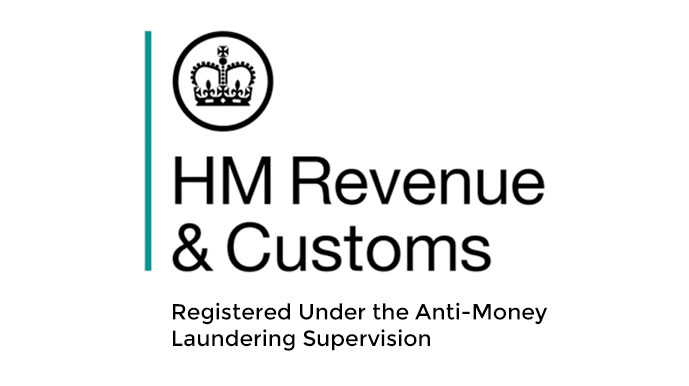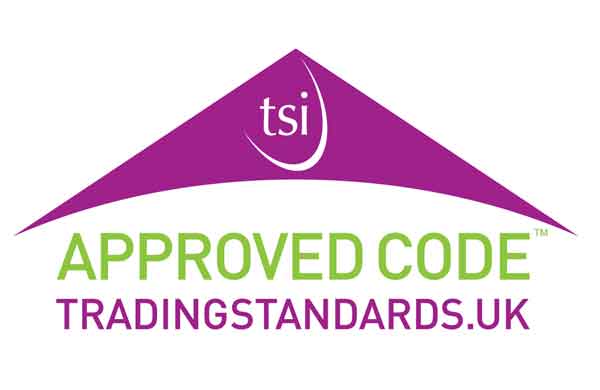So, the government’s first budget since Labour took over is coming up on October 30, and everyone’s speculating on what changes the Chancellor, Rachel Reeves, might make to deal with this £22 billion hole in the finances. Prime Minister Keir Starmer hinted that the wealthiest might have to chip in more, so people are expecting tax hikes—but Labour’s also promised not to raise income tax, national insurance, or VAT.
It’s all up in the air right now, so we don’t know what’s actually happening. But if you’re thinking of making any money moves, like with pensions or investments, it might be smart to check in with a financial adviser instead of guessing.
What Exactly Is the Autumn Budget?
Basically, the Autumn Budget’s like the Spring Budget’s little sibling. The Spring one’s usually the big deal for tax changes, while the Autumn one’s more of a check-in on the economy and a chance to lay out spending plans. But this time, it’s a bigger deal because it’s Labour’s first one since their win in July.
When the Autumn Budget happens, Reeves will talk about where things stand with the economy and respond to new forecasts from the Office for Budget Responsibility.
What Could Change?
Here’s a rundown of what’s being talked about:
Pensions
- Tax Relief for High Earners
There’s talk about cutting back on pension tax relief for higher earners, but it might not happen because of how it’d affect public sector workers. - Limit on Tax-Free Cash Withdrawals
Right now, people over 55 can take out 25% of their pension tax-free (up to £268,275), but they might reduce this to a max of £100,000 or maybe cut it to 20% tax-free. - Inheritance Tax on Pensions
Right now, there’s no inheritance tax on pensions, but that could change. If it does, it could impact how people decide to use or save their pension money.
If you’re worried about your pension, this might be a good time to check in with a pro who can break down what’s best for your situation.
Capital Gains Tax (CGT)
Capital Gains Tax might go up to match income tax levels, though probably not as high as 39%. It’s the tax you pay on profits when you sell assets like stocks or property.
- Carried Interest Loophole
There’s a loophole where some private equity fund managers can get some of their earnings taxed as capital gains instead of income, which would be cheaper for them. Closing this loophole could bring in a lot of extra cash—like £565 million a year by 2028.
Inheritance Tax (IHT)
They’re looking at a few ways inheritance tax could change:
- Shrinking the “nil-rate band,” which is the amount you can pass on tax-free, or lowering gift allowances.
- Possibly increasing the inheritance tax rate from the current 40%.
Right now, you can pass on up to £325,000 tax-free (or up to £1 million if you’re a couple passing it on to your kids). If they reduce the nil-rate band, that tax-free amount could shrink.
Employer National Insurance
There’s talk of raising the national insurance contributions that employers pay, but no clue yet on how much. There’s also a chance these contributions might start applying to employer-paid pension contributions too.
Income Tax Thresholds
Labour isn’t planning to raise income tax rates, but they might freeze income tax thresholds past 2028. This means as people earn more, they could end up in higher tax brackets even if the rates themselves don’t go up.
Feeling Unsure?
All these predictions can feel overwhelming, but it’s best not to jump the gun. If you’re thinking about making changes to your money plan, it’s probably worth getting advice that’s tailored to your personal situation.





